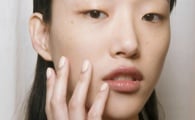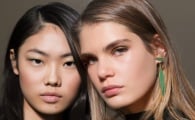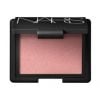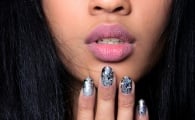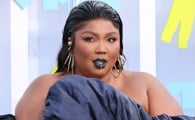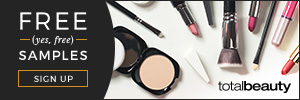Beauty Tips
8 Secrets Cosmetic Companies Don't Want You to KnowYou won't believe what these cosmetic chemists had to say about your beloved beauty products |
The Outside Doesn't Always Match the Inside The company trying to sell you a product (a.k.a. the marketer) and the cosmetic chemist who formulates it aren't exactly chatting over the water cooler at lunch or buying each other margaritas at happy hour. In fact, these two have very little (if any) contact with each other. While the brand might tell the chemist they want a certain type of product with a marketable ingredient -- an anti-aging cream with mango, or a night mask with sea algae, for example -- Frey (the chemist who has worked with Avon, Proctor & Gamble and Jafra) says that's pretty much the only information the chemist receives about the product.
Once the product is developed, the packaging is completely in the hands of the marketing company. According to Frey, some marketers simply use trendy words that consumers will be excited to see on the product. "Detoxifying," "purifying," and "renewing" are a few that come to mind, but these beauty buzzwords may have nothing to do with the actual product. "I can go look at their formula and look at claims and do the science behind it, and see if their assessment matches based on what I see with it," says Frey.
To avoid buying into bogus claims, Alcide says to check the order of the ingredients. Ingredients are listed in order based on the percentage they make up in the product. "If water is listed first, that means it's mostly water and is probably full of cheap fillers," says Alcide. If the "key" ingredient is listed dead last, it means the "detoxifying" or "anti-aging" ingredient makes up a tiny percentage of the product.
SEE NEXT PAGE: Generic Imitators Are the Real Thing
Once the product is developed, the packaging is completely in the hands of the marketing company. According to Frey, some marketers simply use trendy words that consumers will be excited to see on the product. "Detoxifying," "purifying," and "renewing" are a few that come to mind, but these beauty buzzwords may have nothing to do with the actual product. "I can go look at their formula and look at claims and do the science behind it, and see if their assessment matches based on what I see with it," says Frey.
To avoid buying into bogus claims, Alcide says to check the order of the ingredients. Ingredients are listed in order based on the percentage they make up in the product. "If water is listed first, that means it's mostly water and is probably full of cheap fillers," says Alcide. If the "key" ingredient is listed dead last, it means the "detoxifying" or "anti-aging" ingredient makes up a tiny percentage of the product.
SEE NEXT PAGE: Generic Imitators Are the Real Thing










